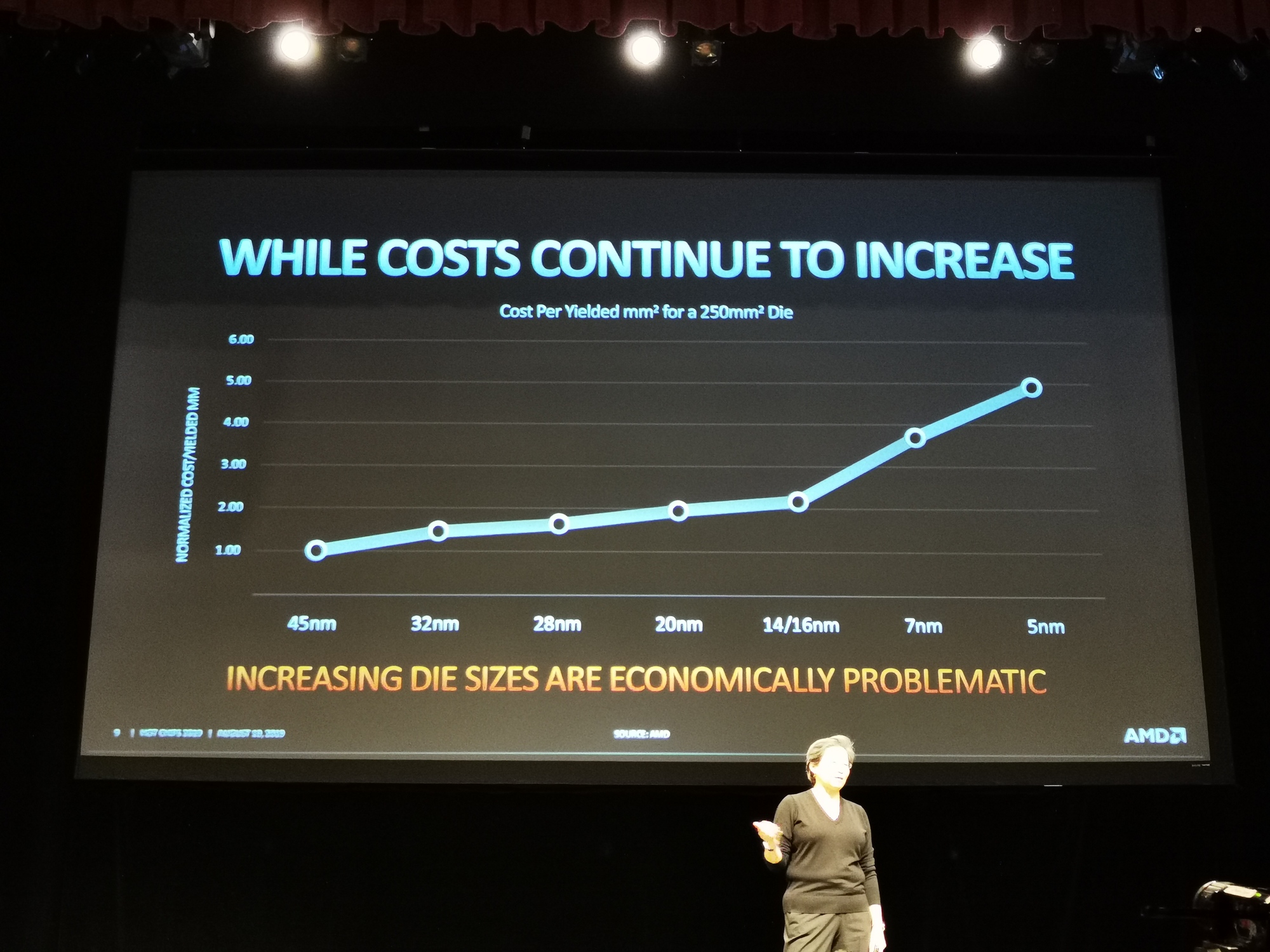The problem with your argument is you're looking at it in the best case scenario for Nvidia. The 1080 was never really $700 unless you wanted the founder's edition. The AIB versions started at $599 and dropped further after the 1080Ti launch. Likewise, the 2080 non-super hit in between with an asinine $799 price point when the 1080Ti was $699. It's not until recently that we have the performance boost you're talking about.
I paid $700 for my current Gigabyte 1080 in August 2016.
Yes, the Turing price situation was much worse last year and only recently became somewhat palatable. My point is that RTX is not the only reason and probably not the main reason Turing is so expensive.
![[H]ard|Forum](/styles/hardforum/xenforo/logo_dark.png)
